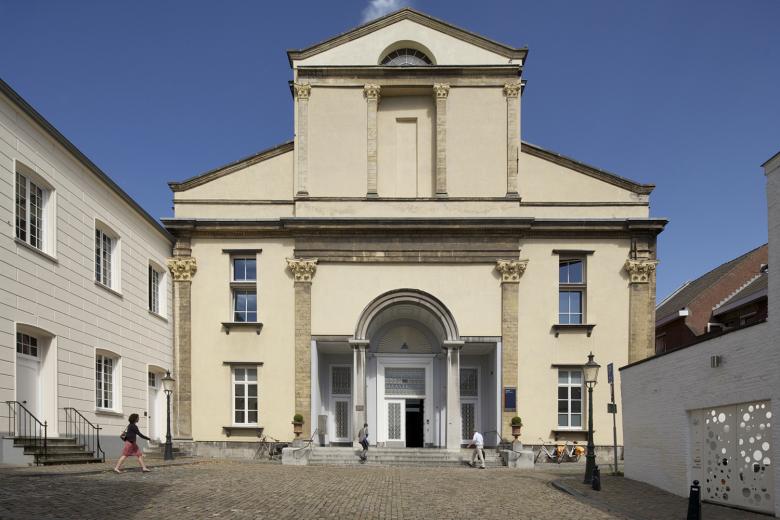The city of Venlo and Maastricht University invest additionally in higher education
In the coming years, the Venlo municipality and Maastricht University (UM) will make additional investments in the city's academic research and education. The goals aim to create future-proof solutions for food and its production while being healthy for people, the environment, and the economy. This relies heavily on technological innovation.
In the initial phase of this collaboration, both sides will each contribute 8 million euros over the next four years. The municipality of Venlo and Maastricht University have both stated their intention to collaborate as strategic partners for a period of eight years.
New developments
The additional events complement existing UM initiatives in Venlo. UM is developing a new bachelor's program, tentatively titled Sustainable Bioscience, as well as a new master's program, Crop Biotechnology and Engineering, in collaboration with Radboud University Nijmegen. UM intends to expand its educational programs in Venlo and aspires to eventually have a presence of roughly 1,200 students in the city.
Further development of Brightlands Campus
Maastricht University chose Venlo specifically because of its position as a leader in healthy and sustainable food innovation. Brightlands Campus Greenport Venlo will serve as the primary location for UM's new educational and research activities. "We prefer to establish our excellent education and research facilities in Limburg in locations where it makes sense. For technology in sustainable food, that is Venlo. Investing in innovation clearly pays off. Plans in The Hague are making it incredibly difficult for universities to contribute to this, but we are confident that this is exactly how we can contribute to prosperity and well-being in Limburg and elsewhere. Together with the city, we are building a firm foundation for creating top innovations at the Brightlands Campus in Venlo," explains president of UM's Executive Board, Rianne Letschert.
High value for the region
The municipality of Venlo is aiming to develop the city and region's knowledge infrastructure. "With this further collaboration, we expect to attract new researchers and students who will soon live in Venlo," says alderman Erwin Boom. "And through the collaboration of UM with regional companies, Gilde Opleidingen, HAS Green Academy, and Fontys Hogescholen, we further strengthen the innovative power of the region and the business community."
In addition to the economic significance, this development is also of social importance for North Limburg, being the healthiest region. UM conducts research to provide fresh knowledge that helps tackle societal challenges in the field of sustainable, healthy food production.
The partnership is not new
Venlo's association with UM is not new. University College Venlo already offers a bachelor's programme in the city centre; the university also offers two master’s programs. Furthermore, UM already has research institutions at Brightlands Campus Greenport Venlo, including the Brightlands Future Farming Institute, Brightlands Institute for Supply Chain Innovation, and System Earth Sciences. UM recently invested in facilities at Brightlands Campus Greenport Venlo, including laboratories and a high-tech research greenhouse, in collaboration with the province of Limburg, the North Limburg region, and other partners.
At the Brightlands Campus, UM will host a celebration on October 8, 2024, to mark both the opening of the research greenhouse and the more intensive collaboration between UM and the Municipality of Venlo.
Also read
-
UM seeks new balance between the university and student associations
Maastricht University is suspending its relationship with student associations Tragos and Circumflex until further notice. Discussions with the boards of these associations have revealed that agreements outlined in the Code of Conduct have not been upheld. Experience from recent years shows that these...
-
Opportunities and concerns take centre stage during Minister Bruins' working visit to Maastricht
On Friday afternoon, 18 October, Minister Eppo Bruins (Education, Culture, and Science) paid a working visit to Maastricht. There, he was briefed by Limburg's educational institutions on current educational topics from the Education Manifesto. The minister also engaged in conversations with teachers...
-
Education minister's parliamentary letter: threat to education and region draws nearer
On 15 October, education minister Bruins informed the Netherlands House of Representatives of his plans to reduce the number of international students in the Netherlands through the Internationalisation in Balance Act (‘Wet Internationalisering in Balans’). Maastricht University has serious concerns...